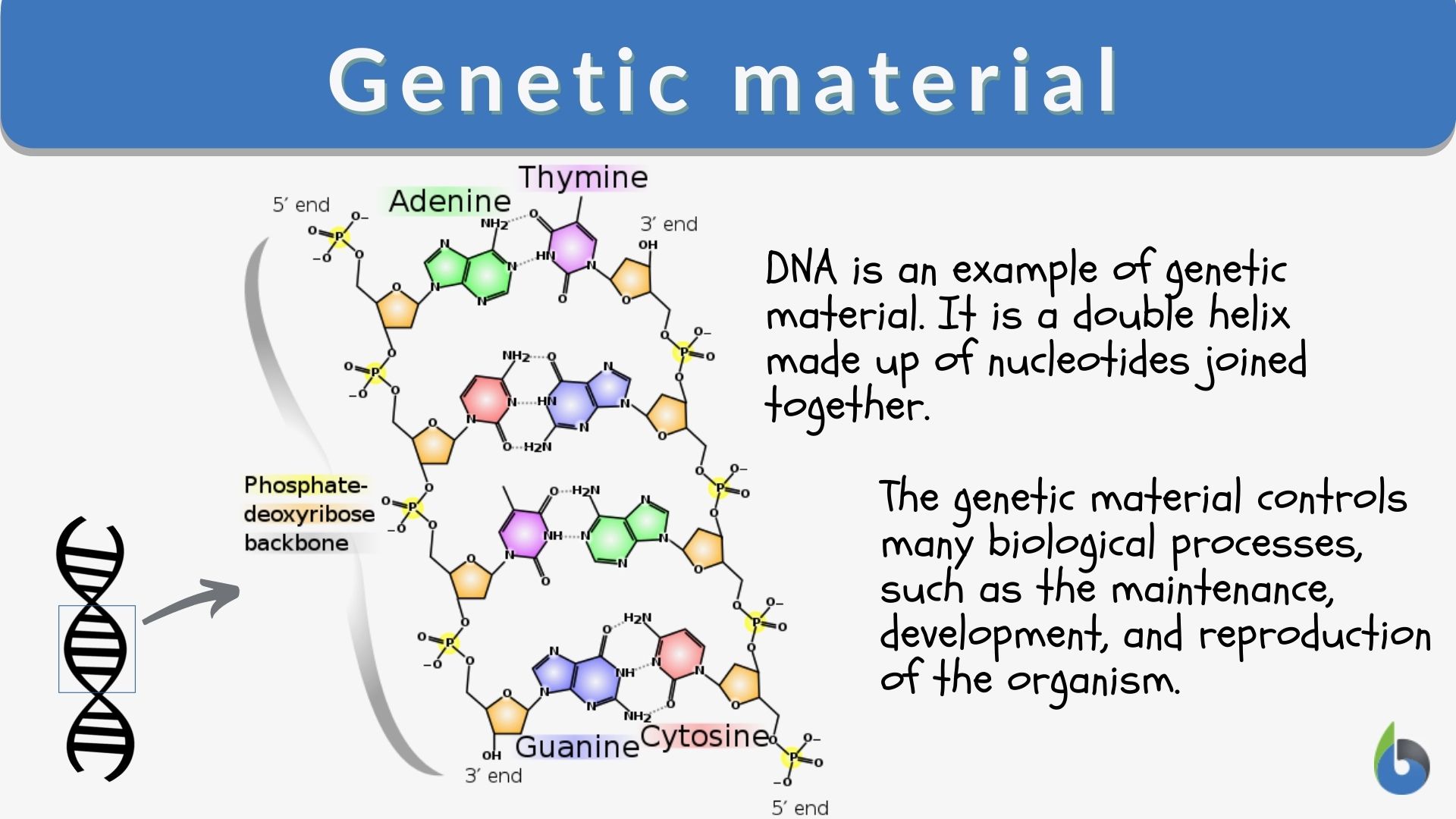Genetic engineering is a rapidly advancing field that involves the modification of an organism’s DNA to achieve a desired trait or characteristic. It has the potential to revolutionize medicine, agriculture, and energy production, but it also raises a number of ethical concerns.
One of the most significant ethical dilemmas of genetic engineering is the potential to modify the human germline. This refers to the genetic material that is passed on to future generations, and modifying it could have far-reaching and unpredictable consequences. While there is great potential for genetic engineering to treat and cure genetic diseases, there is also the risk of unintended consequences and unforeseen side effects.
Another ethical concern is the potential for genetic engineering to exacerbate existing inequalities. For example, genetic screening and selection could lead to a world where only the wealthy can afford to have genetically healthy children, creating a genetic divide between the haves and have-nots. Similarly, genetic modification could be used to enhance certain traits, such as intelligence or physical ability, creating a class of genetically enhanced individuals who are superior to others.
There are also concerns about the impact of genetically modified organisms on the environment. While genetic engineering has the potential to create crops that are more resistant to pests and disease, there is also the risk of unintended consequences, such as the creation of superweeds or the disruption of ecosystems. Additionally, the use of genetic engineering in animals, such as creating transgenic animals, raises questions about animal welfare and the potential for unintended consequences.
Finally, there are also ethical concerns about the commercialization of genetic engineering. As with any new technology, there is the risk of profit-driven motives overriding ethical considerations. For example, companies could create genetically modified organisms for profit without fully considering the potential risks and consequences.
To address these ethical dilemmas, it is important to establish guidelines and regulations for the use of genetic engineering. This includes establishing ethical standards for research and development, as well as oversight and accountability mechanisms to ensure that the technology is being used responsibly. It is also important to engage in a public dialogue about the ethical implications of genetic engineering, to ensure that the public is informed and engaged in the decision-making process.
In conclusion, genetic engineering is a powerful tool that has the potential to revolutionize medicine, agriculture, and energy production. However, it also raises a number of ethical concerns, from the implications of modifying the human germline to the potential impact on the environment. It is important that we address these ethical dilemmas and ensure that the technology is being used responsibly and for the benefit of all. By doing so, we can harness the full potential of genetic engineering while minimizing the risks and unintended consequences.


